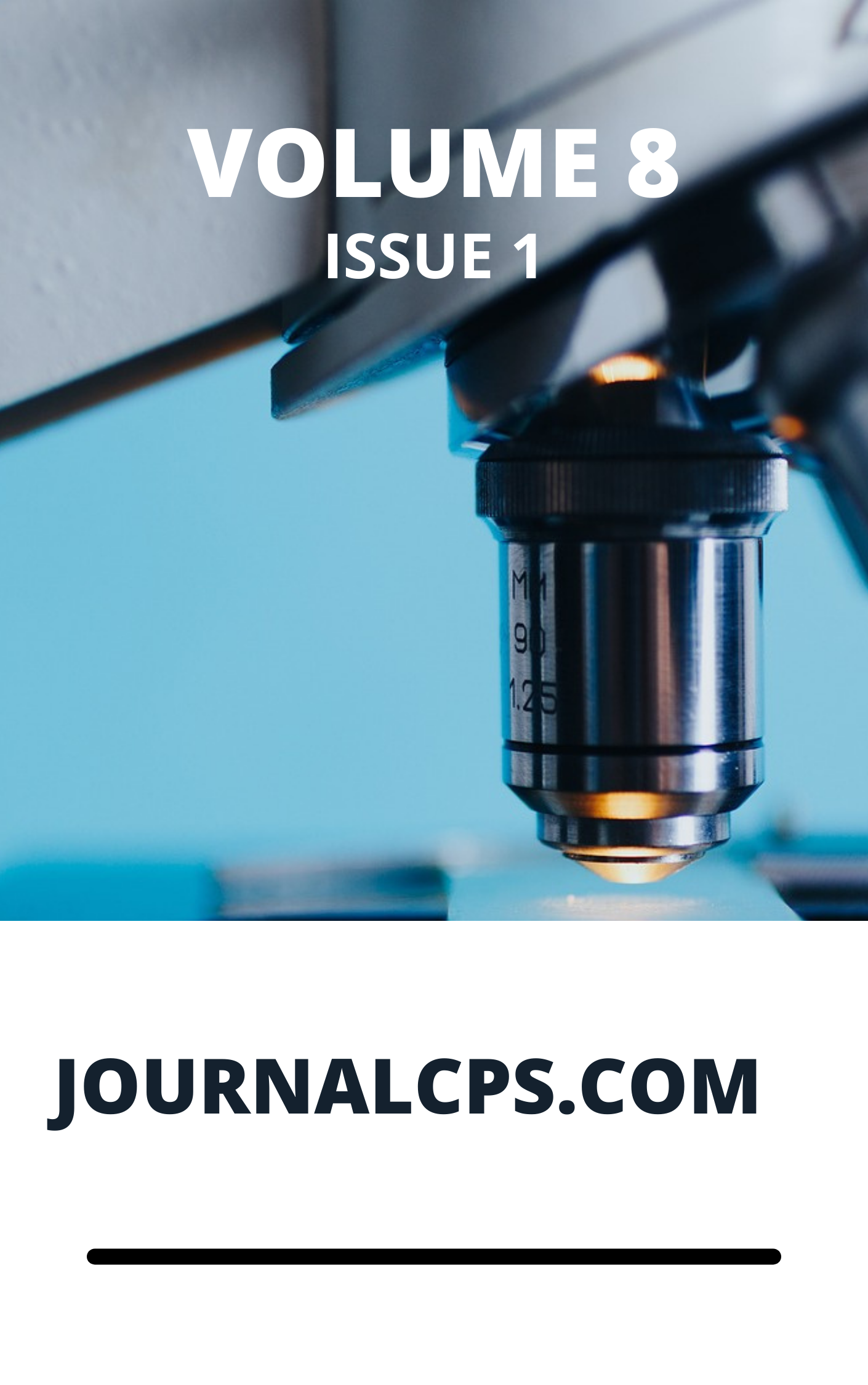Deep Convolutional Neural Network Model for Detection of Sickle Cell Anemia in Peripheral Blood Images
Keywords:
Sickle cell anemia, red blood cells, erythrocytes, convolutional neural network, classificationAbstract
Emmanuel Gbenga Dada*, David Opeoluwa Oyewola and Stephen Bassi Joseph
Sickle Cell Disease (SCD) is a disorder of red blood cells (RBC). The number of SCD patients is rising daily. The lifespan of people is reduced by this deadly disease. Statistics show that over twenty five percent of people living in the Central and West Africa region are suffering from this malady. Many of the nations in this part of the world are deficient in the essential means of detecting and treating several illnesses of which SCD is one of them. Infant mortality rates are considerably greater in these countries. The conventional techniques for SCD diagnosis are expensive, error-prone, time consuming, and require the services of medical experts. As a result, there is a pressing need to develop cost-effective and controllable approaches for the early detection and diagnosis of SCD. This paper presents novel techniques that use Plain Convolution Neural Networks (PCNN) with 15 layers and 48 layers, data augmentation of Plain Convolution Network with 48 layers (DAPN-48), Very Deep Convolutional Networks for Large Scale Image Recognition with 19 layers (VGG19), and Residual Networks with 50 layers (RESNET-50) for detecting SCD from peripheral blood image samples. Results obtained from our experiments indicated that PCNN-15 and DAPN-48 outperform PCNN-48 with sensitivity and balanced Accuracy between 99-100%. A comparison was made between the performance of PCNN-15, PCNN-48, DAPN-48, VGG19 and RESNET-50. The results attained by the proposed approaches demonstrated that our techniques are appropriate for the diagnosis of SCD, and thereby recommended for application to sickle cell image detection.
Downloads
Published
Issue
Section
Similar Articles
- Richard Jewo Bebekah, Malajiya Ibrahim Alhaji Saleh, Aliyu Mohammed, Yusuf Tanko, Modulatory Effect of L-carnitine on Red Blood Cell and Indices in Testicular Ischaemic-Reperfusion in Wistar Rats , Communication In Physical Sciences: Vol. 10 No. 2 (2023): VOLUME 10 ISSUE 2
- Onuchi.M. Mac-kalunta, Ahamefula. A. Ahuchaogu, Johnbull O .Echeme, Proximate Analysis, Thin Layer Chromatography Profile and Haematinic Activity of Organic Extracts of Brillantaisia Owariensis Leaves , Communication In Physical Sciences: Vol. 7 No. 4 (2021): VOLUME 7 ISSUE 4
- Florence Omada Ocheme, Hakeem Adewale Sulaimon, Adamu Abubakar Isah, A Deep Neural Network Approach for Cancer Types Classification Using Gene Selection , Communication In Physical Sciences: Vol. 7 No. 4 (2021): VOLUME 7 ISSUE 4
- 1. Anthony I. G. Ekedegwa, Evans Ashiegwuike, Enhanced Firefly Algorithm Inspired by Cell Communication Mechanism and Genetic Algorithm for Short-Term Electricity Load Forecasting , Communication In Physical Sciences: Vol. 12 No. 3 (2025): VOLUME 12 ISSUE 3
- Stella Mbanyeaku Ufearoh, Onyinyechi Uloma Akoh, Christian Odih, GC-MS Characterization and Anti-Anaemic/Haematological Activity of Ethanol Extract of Solanum Aethiopicum Leaves , Communication In Physical Sciences: Vol. 12 No. 1 (2024): VOLUME 12 ISSUE 1
- Innocent C. Eli, Godspower C. Abanum, Comparison Between Analytical and Numerical Result of Stability Analysis of a Dynamical System , Communication In Physical Sciences: Vol. 5 No. 4 (2020): VOLUME 5 ISSUE 4
- Joseph Amajama, Ahmed Tunde Ibrahim, Julius Ushie Akwagiobe, Atmospheric Humidity Impact on the Strength of Mobile Phone Communication Signal , Communication In Physical Sciences: Vol. 11 No. 4 (2024): VOLUME 11 ISSUE 4
- Olaleye Ibiyeye, Joy Nnenna Okolo, Samuel Adetayo Adeniji, A Comprehensive Evaluation of AI-Driven Data Science Models in Cybersecurity: Covering Intrusion Detection, Threat Analysis, Intelligent Automation, and Adaptive Decision-Making Systems , Communication In Physical Sciences: Vol. 8 No. 4 (2022): VOLUME 8 ISSUE 4
- Dorathy Edet Etim, Effect of Ethanolic Extract of Bryophyllum pinnatum Leaves On Haematological Parameters of Albino Wistar Rats Exposed to Cadmium Chloride , Communication In Physical Sciences: Vol. 8 No. 4 (2022): VOLUME 8 ISSUE 4
- Ademilola Olowofela Adeleye, Oluwafemi Clement Adeusi, Aminath Bolaji Bello, Israel Ayooluwa Agbo-Adediran, Intelligent Machine Learning Approaches for Data-Driven Cybersecurity and Advanced Protection , Communication In Physical Sciences: Vol. 7 No. 4 (2021): VOLUME 7 ISSUE 4
You may also start an advanced similarity search for this article.




